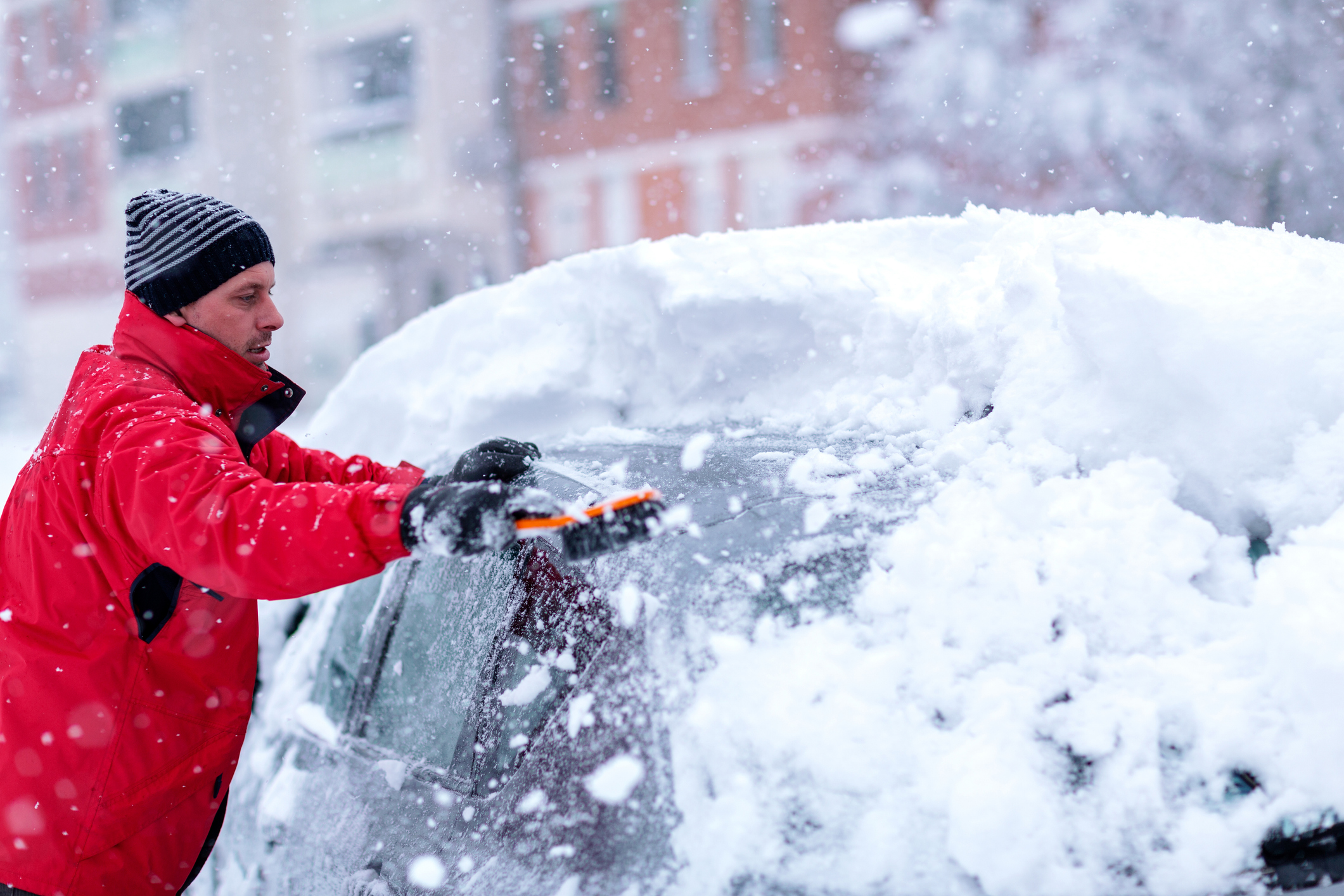E-bikes and e-scooters have become an essential part of New York state’s transportation network, offering a low-cost, eco-friendly alternative to cars. Yet, their growing presence on the streets also has sparked debates over safety, liability and regulation. In response, state lawmakers have introduced a series of bills that would establish clearer rules for these vehicles.
While each proposal takes a slightly different approach, the legislative efforts center around three key areas: to where and to whom the laws apply, whether riders should be required to carry insurance, and whether e-bikes and e-scooters should be subject to registration and inspection requirements like cars and motorcycles.
Three bills—A.4083/S.2528, A.3417/S.1243 and A.350/S.2386—represent different perspectives on these issues, shaping the future of how New Yorkers ride.
Who and where: How these bills define their scope
One of the key differences among these bills is their geographic focus and which types of vehicles they would regulate.
The most limited in scope is A.4083/S.2528, sponsored by Sens. Simcha Felder, D-22, and Joseph Addabbo, D-15, and Assemblymembers Brian Cunningham, D-43, and Stacey Pheffer Amato, D-23. This bill applies only to New York City, requiring liability insurance for bicycles, e-bikes and e-scooters operated outside private property. It’s a response to concerns over the city’s dense, fast-moving streets, where accidents involving these vehicles have become more frequent.
On the other hand, A.3417/S.1243, sponsored by Sens. Addabbo and Assemblymember Jenifer Rajkumar, D-38, takes a statewide approach, but it only applies to motorized scooters—not e-bikes. The bill classifies scooters separately from bicycles and e-bikes, outlining a series of regulations designed to improve safety and accountability across all of New York state.
The most comprehensive bill, A.350/S.2386, introduced by Assemblymembers Rajkumar and Rebecca Seawright, D-76, and Sens. Felder and Addabbo, applies statewide to both e-bikes and e-scooters. Unlike S.2528, which focuses only on New York City, this bill would create uniform regulations across the entire state, from Buffalo to Albany to Long Island.
Each bill reflects a different view on how extensively these vehicles should be regulated. A.4083/S.2528 takes a targeted approach, focusing on New York City’s high-traffic environment, while A.350/S.2386 would set a consistent statewide standard for e-bikes and scooters everywhere.
Who pays and how much? The debate over insurance requirements
One of the most debated issues in these bills is whether e-bike and e-scooter riders should be required to carry liability insurance, similar to car and motorcycle owners. The idea is to ensure that if a rider causes an accident, there’s financial protection in place for injury or property damage claims.
Under A.4083/S.2528, riders in New York City would be required to carry a minimum of $25,000 in liability coverage for bodily injury and property damage. The bill also would allow government agencies and companies that own bike fleets to apply for self-insurance, rather than requiring individual policies for every vehicle in their system.
Meanwhile, A.3417/S.1243 and A.350/S.2386 take a different approach. Both bills would require insurance, but instead of setting a fixed dollar amount, they would authorize the superintendent of the Department of Financial Services to determine the minimum required coverage. This leaves flexibility to adjust coverage levels over time based on risk assessments and insurance industry feedback.
Under all three bills, riders would be required to carry proof of insurance and present it upon request by law enforcement or accident victims. Failing to do so wouldn’t be an immediate criminal offense, but it would create a presumption of noncompliance, meaning that riders could face penalties unless they provide documentation within 24 hours.
Registering and inspecting e-bikes
Beyond insurance, some lawmakers want to take regulation a step further by requiring e-bikes and e-scooters to be registered with the Department of Motor Vehicles and undergo annual inspections, similar to cars and motorcycles.
Under A.4083/S.2528, there would be no registration or inspection requirements—the bill focuses solely on insurance.
In contrast, A.3417/S.1243 would require all motorized scooters to be registered with the DMV and display a license plate. It also mandates annual inspections, which would include battery safety checks to reduce fire risks.
A.350/S.2386 goes even further. It would require all e-bikes and e-scooters statewide to be registered with the DMV. Riders would receive a numbered plate for their vehicle and they would have to complete annual safety inspections—including a separate battery check to ensure compliance with safety standards.
Supporters of registration and inspection argue that these measures would improve accountability and safety. However, critics say they could create unnecessary burdens for casual riders and delivery workers. Registration fees and inspection costs could make these vehicles less affordable and discourage their use. Some argue that treating e-bikes like motorcycles ignores their primary role as short-distance urban transportation, rather than high-speed road vehicles.
What comes next?
These bills represent a shift in the relatively hands-off approach that New York state has taken to regulating e-bikes and e-scooters. While insurance mandates would ensure financial accountability, the introduction of DMV registration and annual inspections could fundamentally change how these vehicles are used.
As these bills move through the legislative process, the debate will likely continue over how to balance safety, accountability and affordability. Should e-bikes and e-scooters be treated like traditional bicycles, with minimal regulation? Or should they be more closely aligned with motorcycles, with clear insurance and registration requirements?
Whatever the outcome, the state’s approach to e-bike and e-scooter regulation is evolving, and riders should be prepared for possible changes ahead.
PIANY will continue tracking these legislative efforts and advocating for solutions that protect both insurance professionals and the individuals who rely on these vehicles every day.
Stay tuned for updates as these bills progress through Albany.

Bradford J. Lachut, Esq.
Bradford J. Lachut, Esq., joined PIA as government affairs counsel for the Government & Industry Affairs Department in 2012 and then, after a four-month leave, he returned to the association in 2018 as director of government & industry affairs responsible for all legal, government relations and insurance industry liaison programs for the five state associations. Prior to PIA, Brad worked as an attorney for Steven J. Baum PC, in Amherst, and as an associate attorney for the law office of James Morris in Buffalo. He also spent time serving as senior manager of government affairs as the Buffalo Niagara Partnership, a chamber of commerce serving the Buffalo, N.Y., region, his hometown. He received his juris doctorate from Buffalo Law School and his Bachelor of Science degree in Government and Politics from Utica College, Utica, N.Y. Brad is an active Mason and Shriner.





